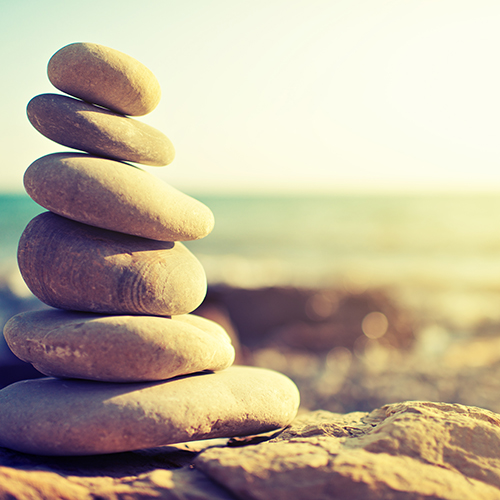Hormones – could they be to blame for your health issues? Here’s how to understand your hormones and six ways to boost them.
Hair loss, fatigue, bad skin, anxiety, weight gain and memory problems are just some of the problems you might face if your hormone health is lacking.

Hormone Health: Dr Punam Krishan explains that hormones affect many of the changes we see during menopause.
Dr Punam Krishan explains. “There are many hormones in our bodies that act as chemical messengers between different cells in different parts of the body. They are vital for regulating essential functions such as the body’s growth, development, metabolism and sexual function. Hormones also affect the way the body uses and stores energy controls the volume of fluid and the levels of salts and sugar in the blood.
“Hormones are responsible for the ups and downs we feel during menopause. Any dysregulation of our hormones can impact on these processes and can cause havoc, not just in our bodies but also our wider lifestyles.”
Our hormone health affects a huge range of our bodily functions. Hormone expert, Dr Mandy Leonhardt explains. “Hormones are messenger molecules, which communicate with different parts and tissues of our bodies. They control our appetite, circadian rhythm, growth, bone health, mood, energy levels, metabolism, libido, sleep, memory, immune system and many other important functions.”
Support hormone health
“Supporting our hormones starts with the gut as your digestive system is linked to hormone levels,” advises Dr Mandy Leonhardt. “Also having a greater awareness of how stress, a poor diet and toxic relationships can impact our physical and mental well-being can be very beneficial. Tracking our response to certain activities, foods and environmental factors can help to find out what is beneficial and what isn’t.
“In women over 40 and sometimes even younger, changes in menstrual cycle length or frequency can indicate that ovarian function is starting to decline and it may indicate that a woman is now peri-menopausal (moving towards menopause). Some peri-menopausal women may still have very regular cycles, but may experience other symptoms, which affect her well-being such as increased anxiety or low mood.”
What should I do if I think I have an issue with my hormones?
“Firstly keeping a symptom diary is a very useful tool. Tracking symptoms, throughout the day or the month, can help doctors to make a diagnosis. Often blood tests and other investigations may be needed as well.” Explains Dr Mandy Leonhardt. She continues, “Changes in general well-being and functioning may be caused by an underlying hormonal problem.
“Particularly symptoms such as sudden weight loss or gain, lack in energy, hair loss or hair growth in unusual places, sleep problems, excessive thirst and unusual skin rashes should be investigated by your doctor.”
Here are some simple ways to help support your hormone health.
Improve your gut health
A healthy gut can reduce anxiety and depression. Eating lots of different fruit and vegetables and fibre can support a healthy gut microbiome. Fibre is a form of prebiotic, which feeds our beneficial gut bacterial. Avoiding refined sugar and ultra-processed food with lots of artificial additives is also beneficial.
Reduce stress
Proper relaxation is probably the most powerful way to help our hormones. By reducing stress hormones, we also make a positive impact on many other endocrine systems.
Reduce alcohol consumption
If you think your have issues with your hormones, it would be wise to avoid alcohol as it is a known hormone disrupter.
Exercise
It also helps with mental health through the release of endorphins. Plus, it aids sleep.
Improve your sleep hygiene
Reducing exposure to bright lights (like phone screens) helps your body produce melatonin. Try and stick to the same nightly routine. You can aid your circadian rhythm by going to bed and getting up at the same time each day.
Natural environment
Spending time in a natural environment helps with vitamin D levels and triggers happiness hormones in the brain.
With thanks to Dr Mandy Leonhardt, a fully qualified GP who runs a clinic specialising in treatment of hormonal imbalances. For more info, click here. And to Dr Punam Krishan, follow her blog on Instagram – @drpunamkrishan








